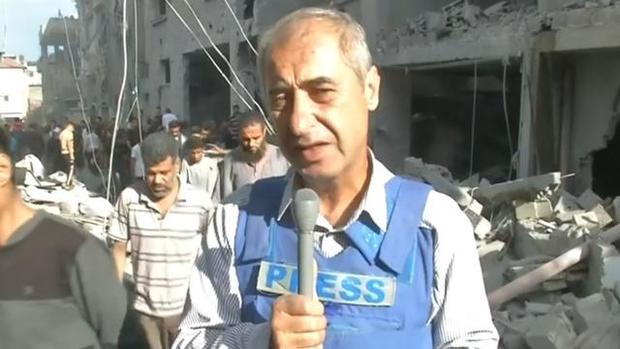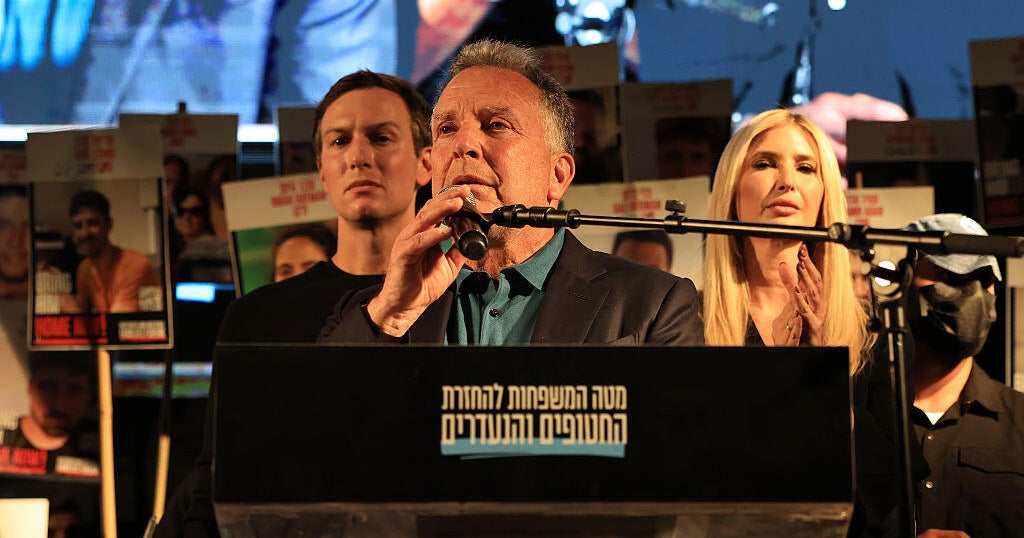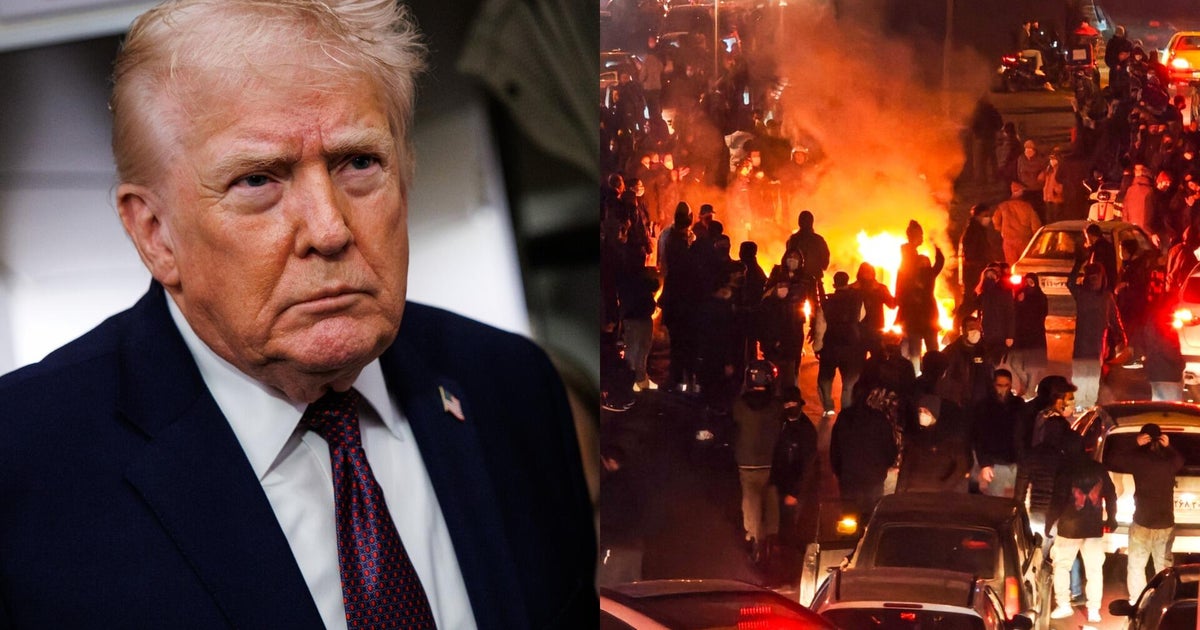Gaza journalists risk everything to report on the Israel-Hamas war raging around them
Jerusalem — Israel's military said Tuesday that it struck more than 400 hundred militant targets in the Gaza Strip with its latest round of airstrikes overnight. President Biden made it clear during his visit to Israel last week that he believes the vast majority of Palestinians are not members of Hamas. But in Gaza, civilians are paying for Hamas' actions.
Health officials in the Hamas-run Palestinian territory claimed Tuesday that Israel's airstrikes have killed more than 5,700 people over the last 18 days, and while Israel disputes that figure, the level of destruction in the small, densely populated strip of land is undeniable.
Gaza was in dire straits even before its Hamas rulers launched their brutal Oct. 7 terror attack on southern Israel, drawing the ongoing overwhelming response from the Israeli artillery and missiles. About half of Gaza's roughly 2 million people were already living in poverty, but now they're facing complete catastrophe.
One furious Gazan woman outside a hospital tending to the dozens of casualties was seen in an online video shouting abuse at Hamas, blaming them for what's happening to Palestinian civilians. Those are dangerous words to utter in Gaza, which Hamas has ruled by force since 2007.
Israel sealed off the 25-mile-long Gaza Strip immediately after Hamas' attack, and while the Biden administration helped negotiate a limited opening of the Rafah border crossing with Egypt for some desperately needed aid to get in, at the moment, journalists are still unable to enter Gaza, and nobody has been permitted to leave apart from four hostages released by Hamas.
There was a tense moment Monday night for BBC News' Rushdi Abualouf as he reported live from outside a United Nations-run hospital in the southern Gaza city of Khan Younis. As he spoke, the sound of explosions nearby made him flinch before he resumed talking about the "intense airstrikes" in the area.
To bring our audience images and information about what's happening in the missile-battered Palestinian enclave, CBS News has relied on reporting from journalists based in the Gaza Strip, including CBS News producer Marwan Al-Ghoul.
Al-Ghoul lives in Gaza and has been reporting on the war from the very beginning, risking his life to get the news out. In 2009, when Hamas and Israel fought a previous war, Al-Ghoul lost a brother to an airstrike. He has worked with our traveling teams of journalists on and off for more than two decades, and during that time he's enriched our reporting and helped to keep us safe in Gaza.
"I am worried too," he admitted when we told him we were concerned for his safety amid the Israeli bombardment. "I am concerned of my family… It makes me sometimes angry and sometimes I feel like I need to cry."
For Al-Ghoul, like thousands of other Gazans, even the immediate future is incredibly uncertain. Israel has said it's preparing for a ground invasion in Gaza to hunt down Hamas militants, and the country's military has warned it will be a long, difficult fight — lasting months, if not years.
Hamas politician Ghazi Hamas claimed Tuesday, according to a Lebanese news network, that the group's military wing, al-Qassam, had "35,000 fighters in the Gaza Strip, and we have other fighters in the West Bank."
"We know that if we want to fight the Israeli army, which is backed by America and Europe, we have to be highly prepared," he said. "And we are."
We asked Al-Ghoul what a ground war in Gaza would mean for himself and his family.
He said it was "very difficult to answer that question. I cannot imagine where to go."
The conflict is being fought on a tiny patch of land — from our position in Jerusalem on Tuesday morning, Al-Ghoul was only about 60 miles away in Gaza, but there's a vicious war raging in between.







